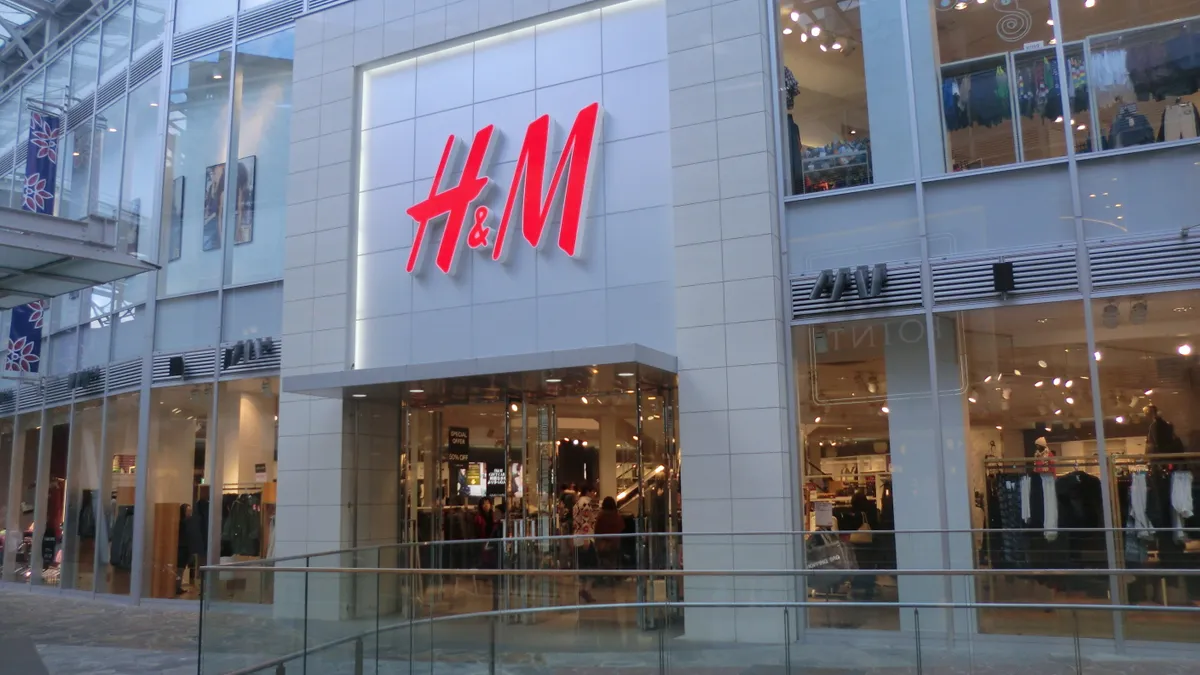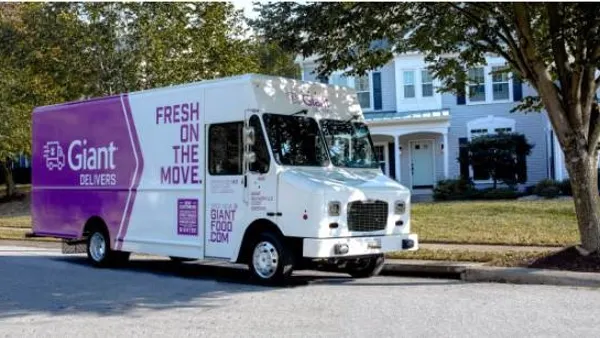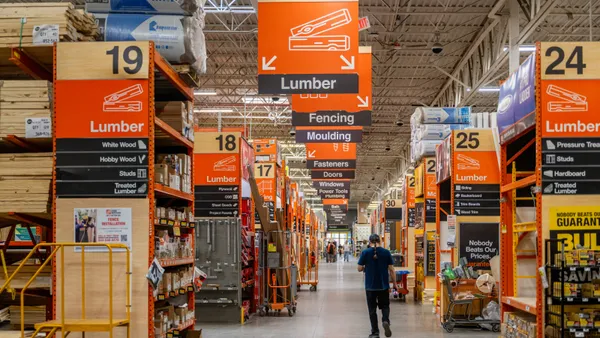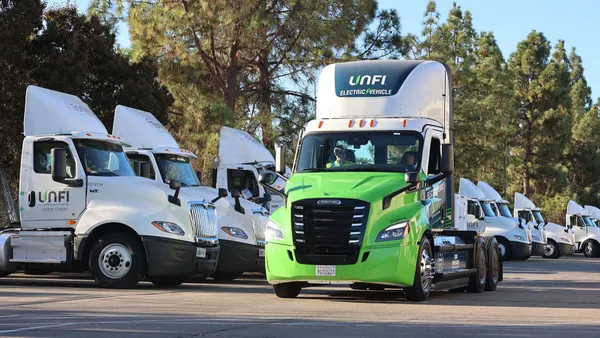Dive Brief:
- Female workers in Asian factories used by Gap and H&M face sexual harassment and verbal and physical abuse, according to two reports from international labor organizations.
- Interviews were conducted with 550 workers in 53 H&M and Gap supplier factories in Cambodia, Bangladesh, Sri Lanka, India and Indonesia, Reuters reports.
- H&M and Gap have promised to take action. "Our global team is currently conducting our due diligence to investigate and address these issues," said Gap spokesperson Laura Wilkinson in comments provided to Supply Chain Dive.
Dive Insight:
Reports of factory abuse shed light on serious problems at the opposite end of supply chain, where problems are often hidden from view and require more than a quick fix from the retail companies involved.
Despite obvious deficiencies, most major apparel companies — including Gap and H&M — have already taken steps to mitigate abuses in factories, such as conducting safety reports and remediation plans, creating hotlines for factory workers, and sending inspection teams to factories, said Beth Davis-Sramek, associate professor of supply chain management at Auburn University, in an interview with Supply Chain Dive.
But many of the factors contributing to abuse are out of the companies' hands, Davis-Sramek said. Weak institutions, corrupt governments and poor cultural norms in the countries hosting the factories. Though companies could pull out of countries with abusive institutions, that might hurt these countries' economies and cause further problems for workers.
"Companies walk a really delicate balance," she said.
Individually, companies can't use their leverage to make a difference with governments; the key is "industry collaboration," Davis-Sramek said. When companies rally together, they may be able to pull enough weight to effect change.
There's evidence that these alliances do lead to positive change. After the 2013 Rana Plaza factory collapse in Bangladesh, companies formed the Alliance for Bangladesh Worker Safety, which has implemented greater safety measures and monitoring, publishes annual reports, and created hotlines for workers.
Just last year, Nike agreed to third party audits after Georgetown University threatened to end its contract with the manufacturer over human rights abuses in Nike's supply chain.
"Companies walk a really delicate balance."

Beth Davis-Sramek
Associate Professor of Supply Chain Management, Auburn University
Many companies have realized the importance of taking more precautions and "moved the needle," Davis-Sramek said. They're more open to working with NGOs and more transparent in reports, and many have centralized their sourcing.
Companies have also been choosing long-term investment in suppliers, rather than short-term, low-cost-chasing contracts, she said. When companies invest in their suppliers, the suppliers can invest more in equipment and safety training, and it's easier to monitor and assess abuses.
Gap has been consolidating its supplier base to those that share "values and goals," and the company is trying "to create more meaningful and lasting progress on the factory floor," Wilkinson said. "In recent years, our Supplier Sustainability team has been focused on moving beyond an ‘assess and remediate’ model to a more innovative approach – with more cooperative, productive, and positive working environments as the end goal."
Long-term investment and collaboration will take time, Davis-Sramek pointed out, but should eventually make a difference.
"Are they there yet? Obviously not," she said. "When you have companies band together ... that's when changes start happening."













